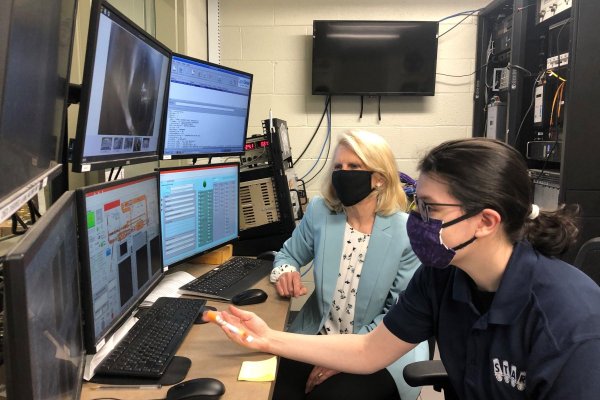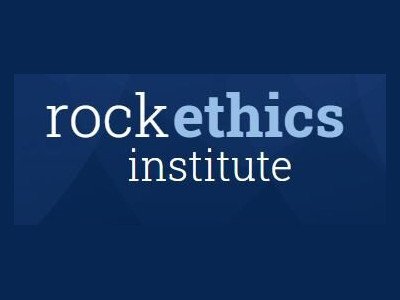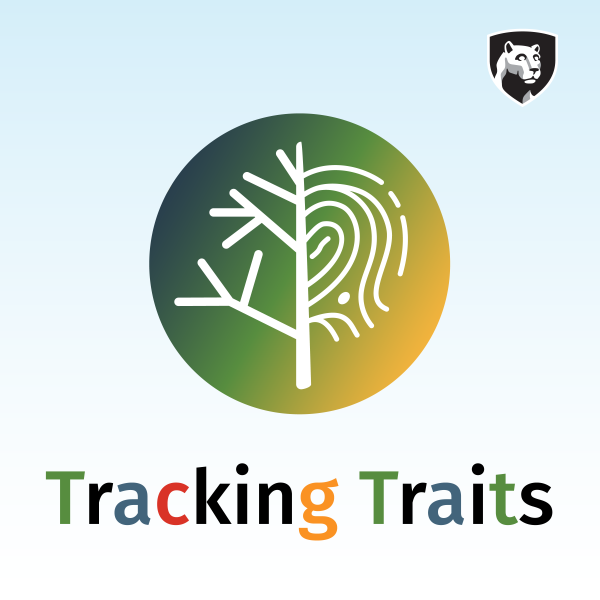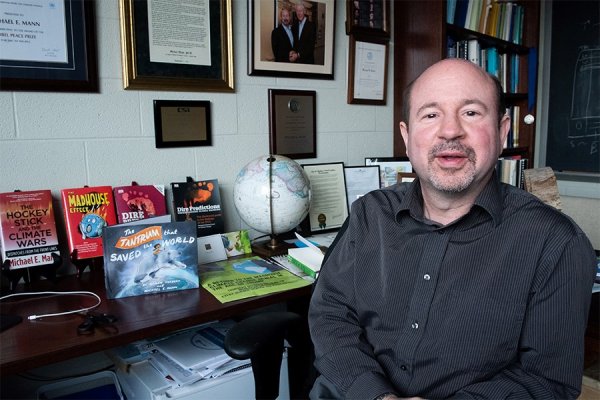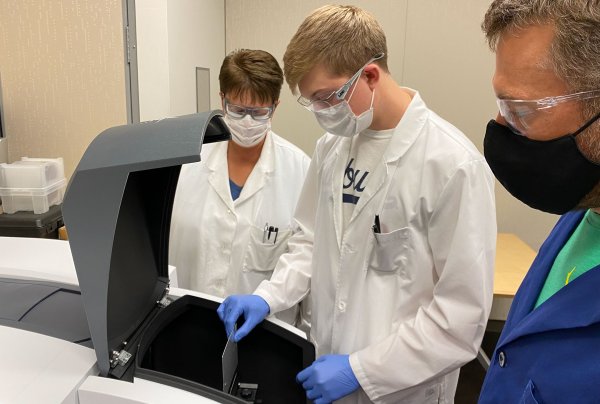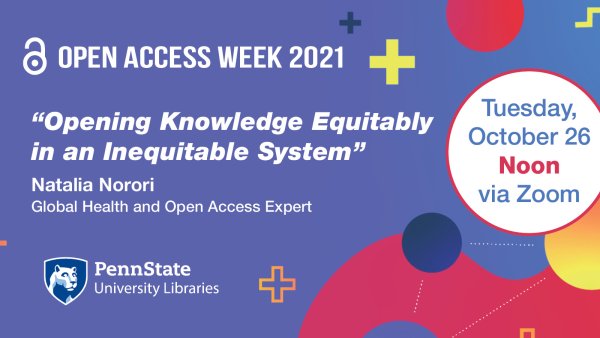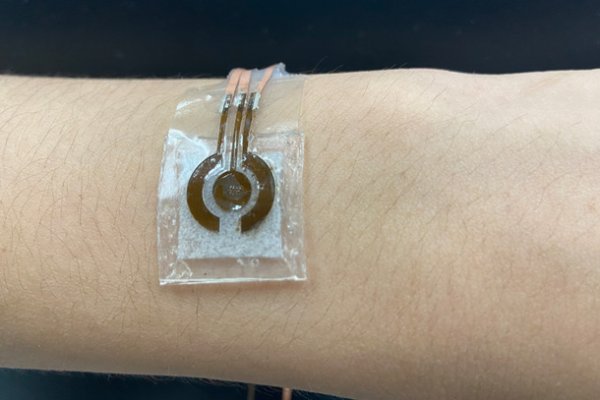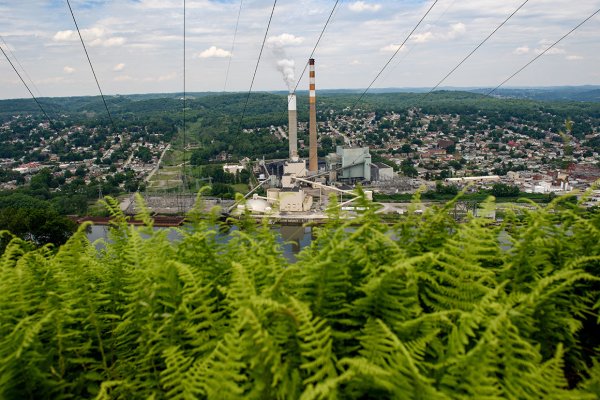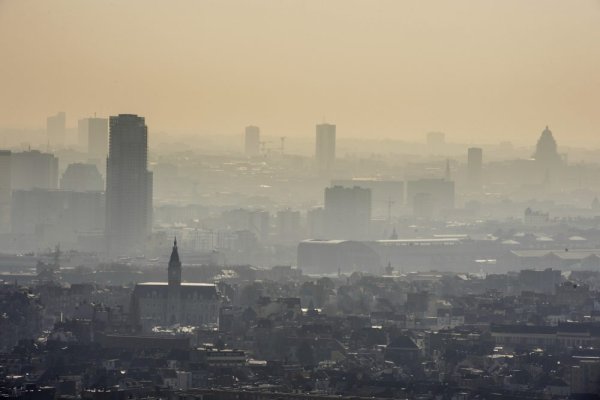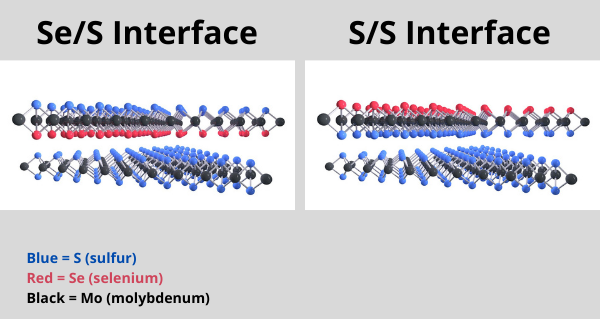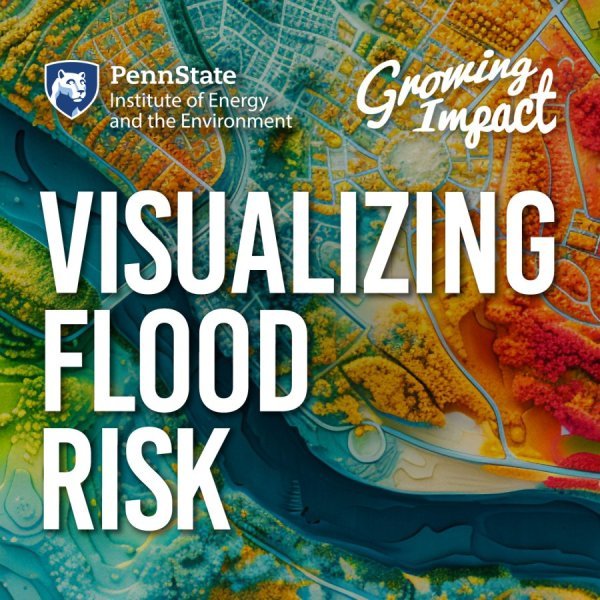The air travel revolution
| by Karen A. Thole
For years, Karen Thole has been thinking about the aviation industry and its contribution to global emissions. She and her colleagues are working on turbine technology and design that can cut emissions and improve energy efficiency.
Call for Rock Ethics Institute Faculty Fellowship applications
| news.psu.edu
The Rock Ethics Institute is now accepting applications for its 2022-23 Faculty Fellowship program, which provides up to $10,000 for a two-course release from teaching to support ethics-related projects.
New podcast tracks the evolution of diverse human traits
| news.psu.edu
Tracking Traits, a new podcast launched by the Center for Human Evolution and Diversity, explores the current work of researchers who are forging new pathways to understanding the evolution of human diversity, featuring interviews conducted by undergraduate students.
Mann to receive Leo Szilard Lectureship Award from American Physical Society
| news.psu.edu
Michael Mann, distinguished professor of atmospheric sciences, has been selected as the 2022 recipient of the Leo Szilard Lectureship Award from the American Physical Society in recognition of outstanding accomplishments in promoting the use of physics for the benefit of society.
Getting a head start on a materials research career
| news.psu.edu
Faced with a growing workload in its research labs, the Materials Research Institute (MRI) met the challenge by offering Penn State students an opportunity that most materials science and engineering undergraduates never receive — the chance to work with high-end equipment on state-of-the-art research.
Equity in open access to be topic of Oct. 26 session presented by Libraries
| news.psu.edu
Penn State University Libraries will host a virtual talk by global health and open access expert Natalia Norori at noon on Oct. 26 as part of the 13th annual worldwide observance of Open Access Week.
New director’s fund at Arboretum latest in philanthropic support
| news.psu.edu
Philanthropy has been the driving force in the creation, sustainment and growth of The Arboretum at Penn State, not only in relation to its size but also its program offerings. A new fund established in honor of Dr. Kim Steiner, recently retired founding director of the Arboretum, is the latest example of how philanthropy continues to positively impact the gardens.
Monitoring glucose levels, no needles required
| news.psu.edu
Noninvasive glucose monitoring devices are not currently commercially available in the United States, so people with diabetes must collect blood samples or use sensors embedded under the skin to measure their blood sugar levels. Now, with a new wearable device created by Penn State researchers, less intrusive glucose monitoring could become the norm.
Pennsylvania RGGI opponents mount tense last stand
| politico.com
Pennsylvania would be the first major fossil fuel producer to join RGGI, and it poses a crucial test of how the program might affect energy prices as the state seeks to cut emissions, experts say.
Human-caused climate change is already impacting 85% of global population, study finds
| wbur.org
A new study found that 85% of the world's population and 80% of the land are already impacted by human-caused climate change. Here & Now's Tonya Mosley talks with Richard Alley, a climate scientist at Penn State University.
First lecture in new series to focus on computing for more sustainable future
| news.psu.edu
Using computing power to create a better, more sustainable future will be the topic at the first Center for Artificial Intelligence Foundations and Scientific Applications distinguished seminar on Oct. 18. Carla Gomes, the director of the Institute for Computational Sustainability at Cornell University, will present a lecture on artificial intelligence and sustainability.
A new twist on 2D materials may lead to improved electronic, optical devices
| news.psu.edu
A new generation of electronics and optoelectronics may soon be possible by controlling twist angles in a particular type of bilayer 2D material used in these devices, strengthening the intrinsic electric charge that exists between the two layers, according to researchers from Penn State, Harvard University, Massachusetts Institute of Technology and Rutgers University.

